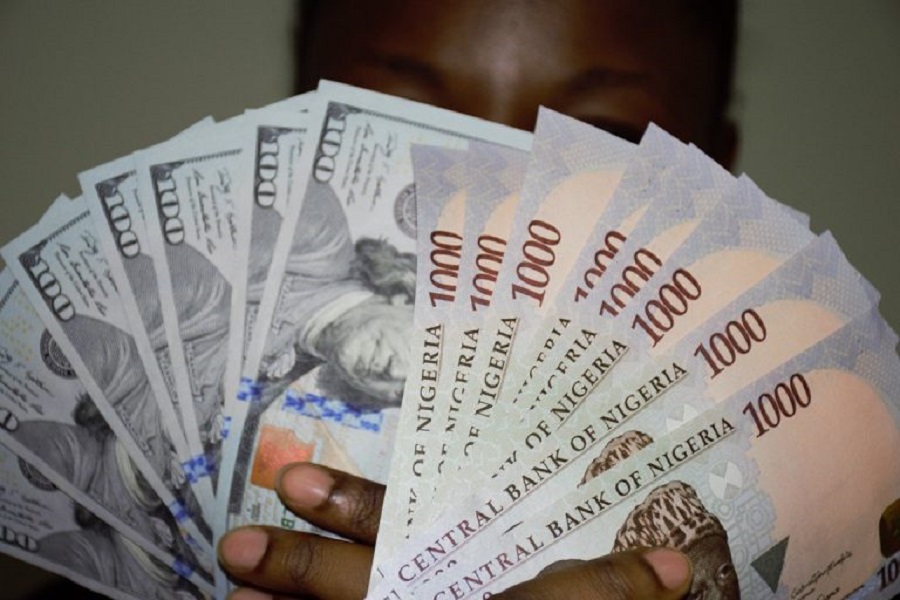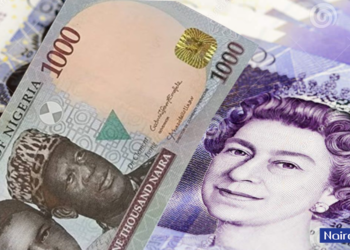As of Monday’s close of business, there was a 22.7% gap between the Nigerian currency’s unofficial and official rates.
A growing number of importers without proper documentation in accessing official channels and speculators known for arbitrage trading were to partly blame for the depreciation of the currency at unofficial channels.
The Nigerian currency closed at N411.13 per $1 on Monday, according to data from FMDQ Securities Exchange, where forex is officially traded.
As compared with the N411.50 rate it traded at on Friday last week, this represents a 0.10% increase.
During the trading session, the Naira reached an intraday high of N401 and a low of N412.53 before closing at N411.13 at the end of the day.
However, liquidity crunch at the shadow market pushed the naira down significantly on the black market in Nigeria on Monday, trading at N532.00 a dollar at the unofficial market, her lowest level ever.
The Central Bank of Nigeria said on its website Wednesday that untrustworthy customers are increasingly buying dollars using fake visas or cancelling their trips after buying foreign exchange.
Trends like this pose a threat to the integrity and stability of the foreign exchange market, it said. These customers’ names are to be published within two weeks by the lenders.
To eliminate the parallel market, the central bank has made previous attempts, including stopping the sale of greenbacks to money changers.
Nigerian foreign exchange reserves, which have steadily risen over the past few weeks after wobbling for a couple of weeks, hit $34.2 billion on Tuesday, the highest level since Q2.
















Waaa